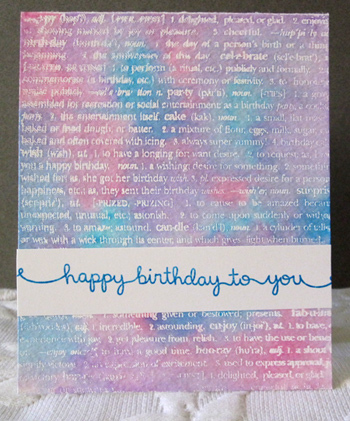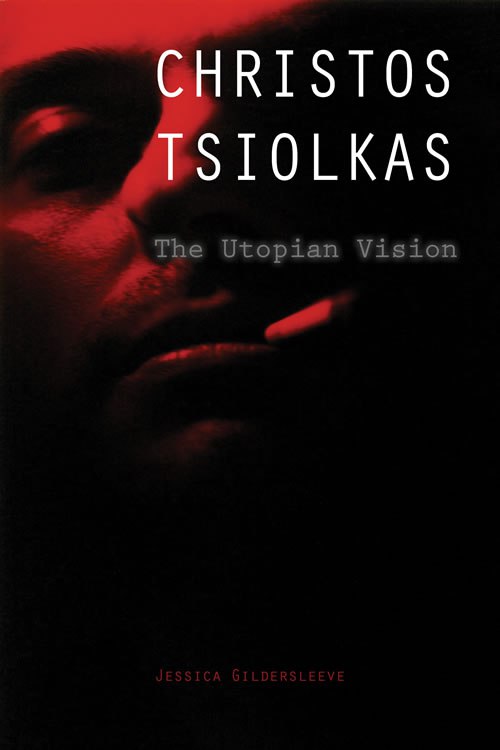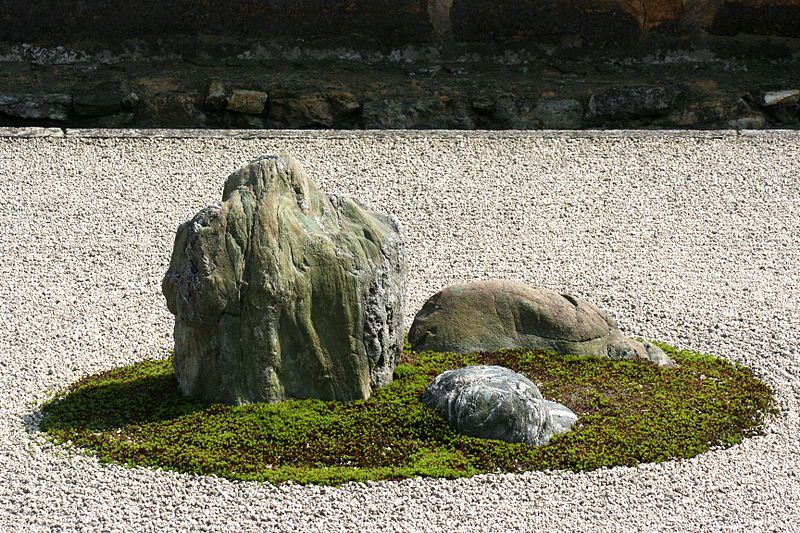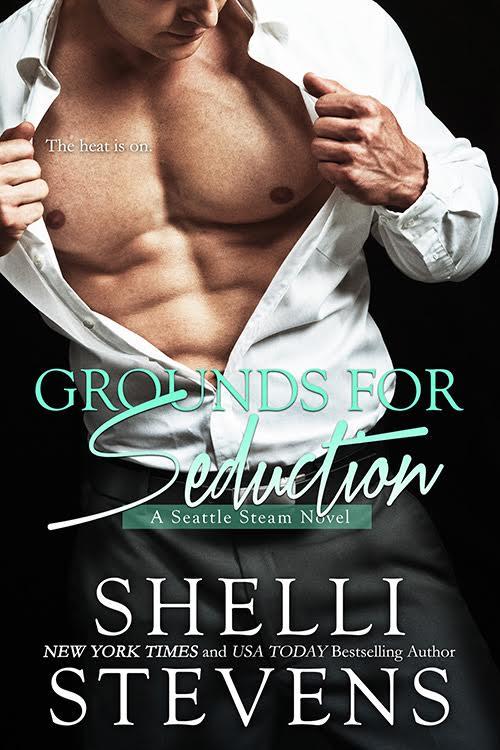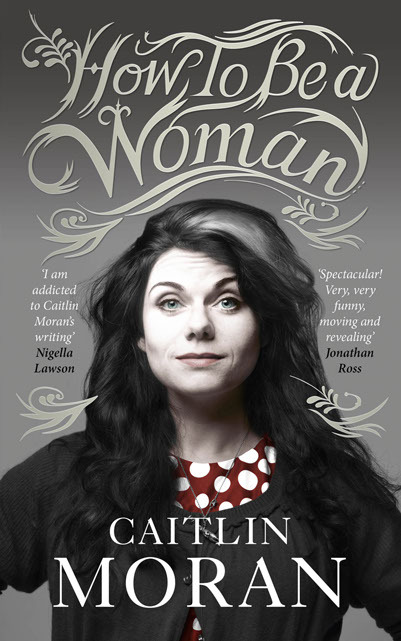
I had been meaning to read this book for ages. It came highly recommended from feminist friends and I had a copy I got for free lying on my shelf for maybe two years. The fact that the copy in question is a Dutch translation was not very motivating. But a couple of weeks ago it felt like its time had come. It’s funny how that goes with books sometimes. They can be on your shelf for say, two years, and many times your eyes skip over them as you scan your overstuffed shelves looking for the next book to read. Then out of the blue, when you’ve long forgotten the initial interest you had in them, they can call out to you and you know YES, this is The One. That gut feeling of how this book was what I needed at the moment proved right.
This book starts off with a rather clunky prologue detailing the author’s worst birthday and how clueless she was about how to become a woman. The best part of the prologue is the end when Moran discusses feminism and its enduring necessity. I loved her straightforward definition:
What is feminism? Simply the belief that women should be as free as men, however nuts, dim, deluded, badly dressed, fat, receding, lazy and smug they might be.
After this Moran goes through all the big milestones of “becoming a woman” in more or less chronological order, with a lot of personal stories to accompany them. A lot of this was easy to relate to. I can’t tell you how often I read something and mentally gasped and said to myself I thought it was only me!
I loved the writing style, even translated. It’s lively, creative and intelligent. It’s hilarious at the points when you agree with the author, obnoxious when you don’t. The writing style is also uncompromising and confrontational. Moran has a tendency to assume that all women are the same in certain areas. I get that this tendency is necessary to keep a book like this consistent, but it did bother me at times. For example in the chapter about weddings. She takes it for granted that all women dream about their ideal weddings and look forward to it like it will be the greatest day in their lives. This was completely alien to me.
This book has an extraordinary honesty. In it Moran discusses so much that we would rather sweep under the rug. It gets uncomfortably graphic about certain female experiences. I didn’t mind this much; it was strangely reassuring. The part where she described the birth of her first child read like a horror novel though. If you already know that you don’t want children, this will only make you more steadfast. If, on the other hand, you do want children… Good luck getting through it!
Overall, I loved this book. It was very relatable and eye-opening. Reassuring, as I’ve mentioned before. Also inspiring to improve my non-fiction writing. I would love to read it again, in the original language, someday.
Modern females, if there’s only one feminist book you read in your life, you should consider How to Be a Woman. If the confrontational tone, graphic descriptions and swearing don’t put you off, I’m sure you’ll love it.
Quotes:
You can tell whether some misogynistic societal pressure is being exerted on women by calmly enquiring, ‘And are the men doing this, as well?’ If they aren’t, chances are you’re dealing with what we strident feminists refer to as ‘some total fucking bullshit’.
It’s difficult to see the glass ceiling because it’s made of glass. Virtually invisible. What we need is for more birds to fly above it and shit all over it, so we can see it properly.
At its best fashion is a game. But for women it’s a compulsory game, like net ball, and you can’t get out of it by faking your period. I know I have tried. And so for a woman every outfit is a hopeful spell, cast to influence the outcome of the day. An act of trying to predict your fate, like looking at your horoscope. No wonder there are so many fashion magazines. No wonder the fashion industry is worth an estimated 900 billion dollars a year. No wonder every woman’s first thought is, for nearly every event in her life, be it work, snow or birth. The semi-despairing cry of “but what will I wear?” Because when a woman says I have nothing to wear, what she really means is there is nothing here for who I am supposed to be today.

